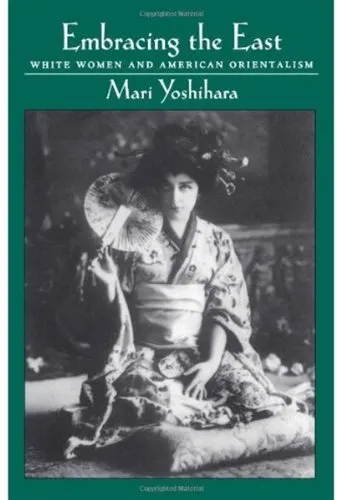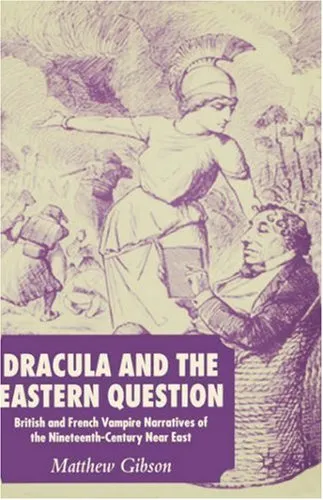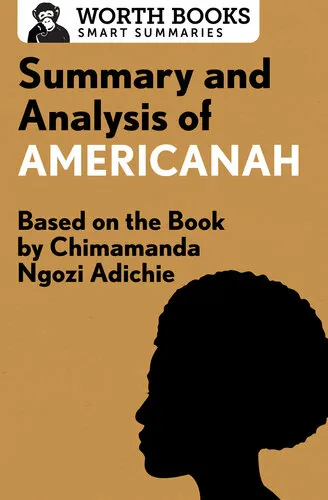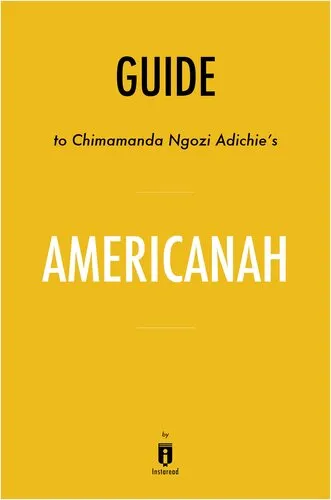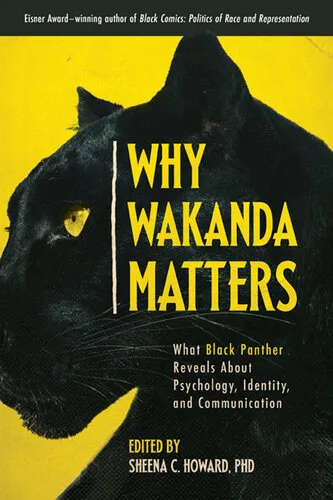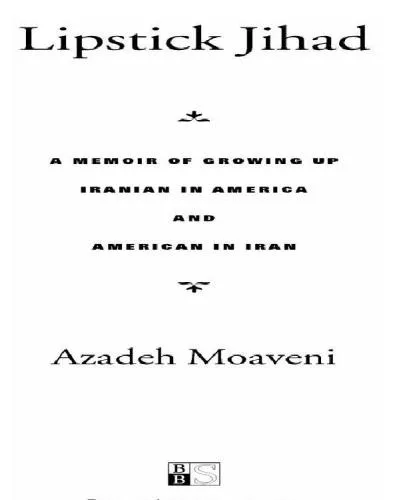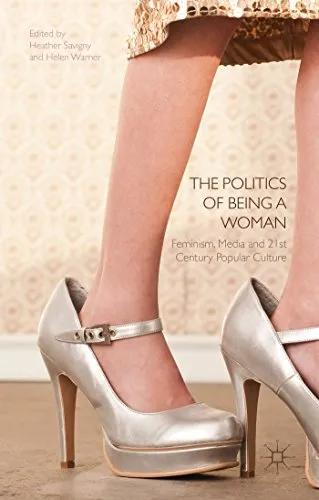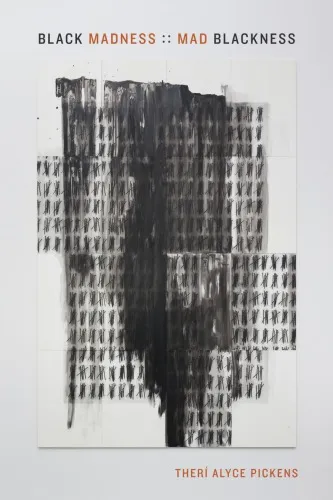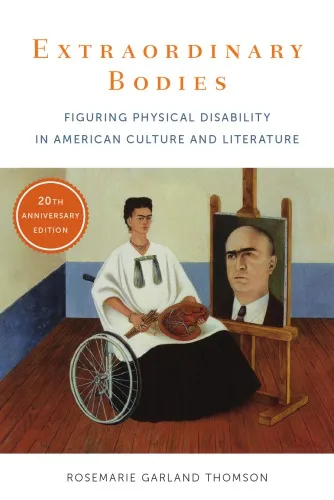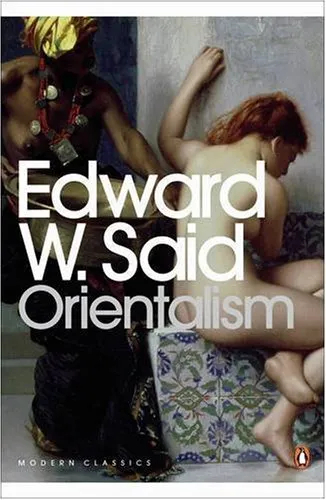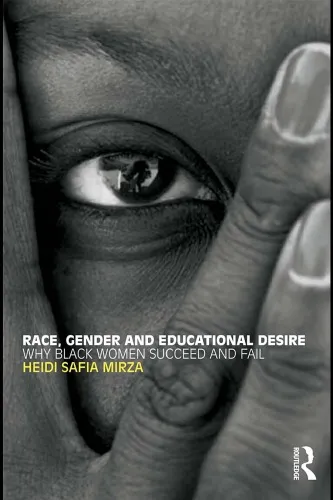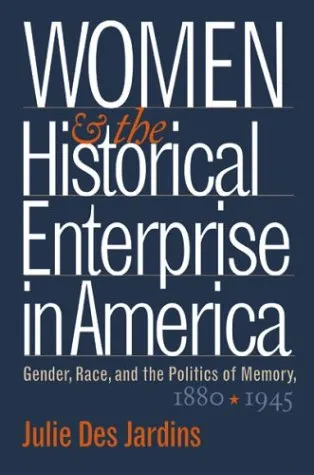Embracing the East: White Women and American Orientalism
4.4
Reviews from our users

You Can Ask your questions from this book's AI after Login
Each download or ask from book AI costs 2 points. To earn more free points, please visit the Points Guide Page and complete some valuable actions.Related Refrences:
As exemplified by Madame Butterfly, East-West relations have often been expressed as the relations between the masculine, dominant West and the feminine, submissive East. Yet, this binary model does not account for the important role of white women in the construction of Orientalism. Mari Yoshihara's study examines a wide range of white women who were attracted to Japan and China in the late nineteenth and early twentieth century and shows how, through their engagement with Asia, these women found new forms of expression, power, and freedom that were often denied to them in other realms of their lives in America. She demonstrates how white women's attraction to Asia shaped and was shaped by a complex mix of exoticism for the foreign, admiration for the refined, desire for power and control, and love and compassion for the people of Asia. Through concrete historical narratives and careful textual analysis, she examines the ideological context for America's changing discourse about Asia and interrogates the power and appeal--as well as the problems and limitations--of American Orientalism for white women's explorations of their identities. Combining the analysis of race and gender in the United States and the study of U.S.-Asian relations, Yoshihara's work represents the transnational direction of scholarship in American Studies and U.S. history. In addition, this interdisciplinary work brings together diverse materials and approaches, including cultural history, material culture, visual arts, performance studies, and literary analysis.
Free Direct Download
You Can Download this book after Login
Accessing books through legal platforms and public libraries not only supports the rights of authors and publishers but also contributes to the sustainability of reading culture. Before downloading, please take a moment to consider these options.
Find this book on other platforms:
WorldCat helps you find books in libraries worldwide.
See ratings, reviews, and discussions on Goodreads.
Find and buy rare or used books on AbeBooks.
1274
بازدید4.4
امتیاز0
نظر98%
رضایتReviews:
4.4
Based on 0 users review
Questions & Answers
Ask questions about this book or help others by answering
Please login to ask a question
No questions yet. Be the first to ask!
